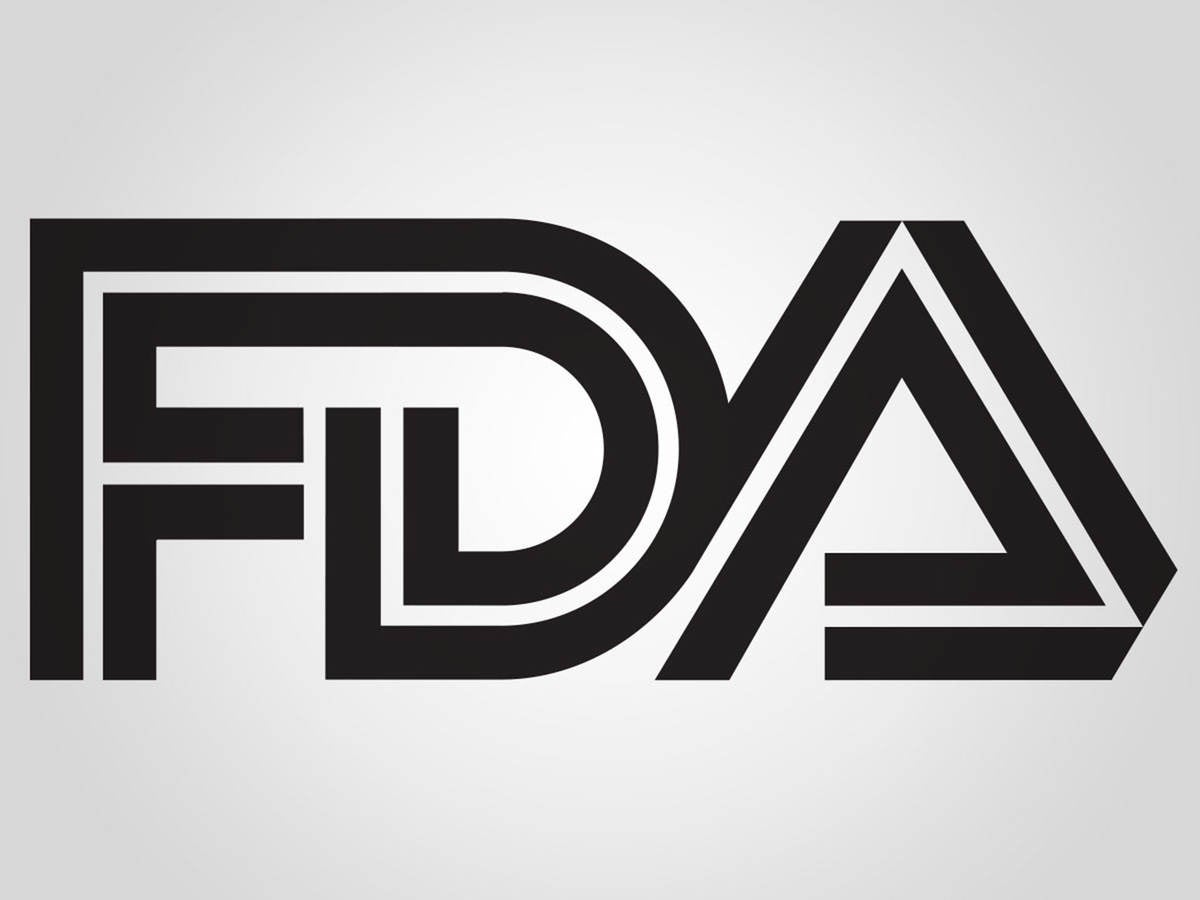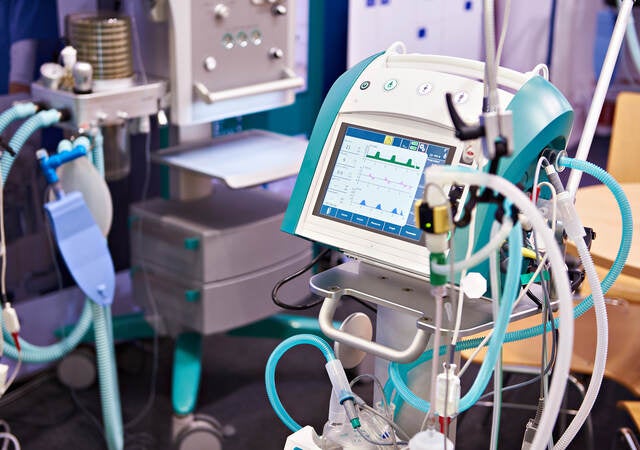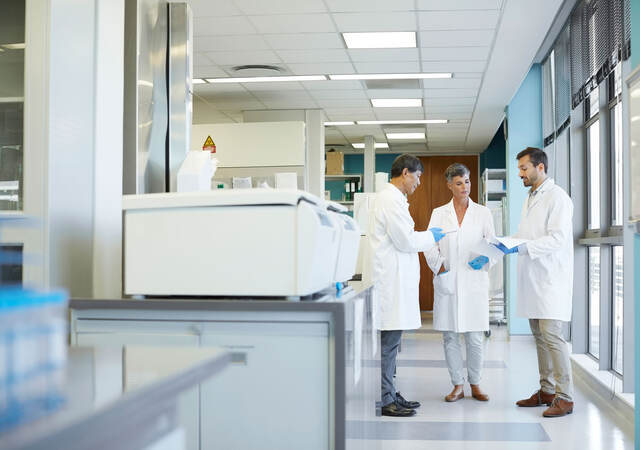September 13, 2024
By Sarah Fitzgerald
Background
Medical device manufacturers must conduct appropriate testing to demonstrate that their devices are appropriately safe and effective before sale in the US. In many cases some animal and/or microorganism testing, such as to demonstrate biocompatibility, is required to obtain U.S market authorization.
In February 2024, the U.S. Food and Drug Administration (FDA) noted concern that some third-party test labs appeared to be generating test data that was unreliable, and reminded sponsors that even when not directly conducting such testing, they are responsible for evaluating all suppliers, including for testing, and are ultimately responsible for the safety and effectiveness of their devices.
FDA update
On September 11, 2024, the FDA provided an update specifying their belief that animal testing from Mid-Link Testing Company Ltd. in Tianjin, China and from Sanitation & Environmental Technology Institute of Soochow University Ltd. in Suzhou, China is generally unreliable and will not be accepted to support premarket submissions such as 510(k)s at this time. Further, the FDA intends to evaluate impact on past submission and take any necessary actions that they believe may be necessary to address public health risks.
Impact for medical device manufacturers: Questions and answers
Emergo by UL has compiled a list of common questions to help medical device manufacturers understand the likely impact and potential steps to move forward.
Q1: Will test reports from these facilities be rejected in their entirety?
A1: Based on the FDA communication, it appears that the agency will reject any test reports that are related to animal and/or microorganism testing in their entirety, as the U.S regulator holds that any data is unreliable. A company can request a Q-submission to discuss this with the FDA, but this is a fundamental issue and not likely to be able to be resolved in most cases.
Q2: Does this apply to other laboratories?
A2: At this time, the FDA has only specified these two laboratories. However, in the February 2024 communication, the agency noted concerns with laboratories in China and in India. That may indicate that these are not the only two laboratories for which the FDA has concerns, but we are not aware of any other laboratories that have been specified by the FDA. Regardless of current concerns, a manufacturer always needs to evaluate and qualify any supplier, including a supplier of testing, to verify that they will meet expectations.
Q3: How do we evaluate test laboratories?
A3: You should have a procedure in your quality management system (QMS) for evaluating suppliers. Include third-party testing laboratories in this procedure. Weigh not only cost and timing considerations, but also factors that ultimately impact the quality of the data.
Q4: Are there any generally trusted laboratories that we should consider using?
A4: The FDA has implemented an Accreditation Scheme for Conformity Assessment (ASCA) for some common testing, including testing related to biocompatibility. The ASCA does not currently include other animal testing. Essentially, the FDA has accredited these laboratories as generally in compliance with requirements for tests within their scope of accreditation. Note that you are not required to use these laboratories, and use of these labs alone may not be sufficient to address your evaluation of test laboratories. However, these labs are generally trusted and their testing is generally accepted by the FDA.
Q5: We are preparing a submission for the FDA and we have testing that was conducted by one of the noted laboratories. What should we do?
A5: As this testing likely will not be accepted by the FDA (see A1), it is highly recommended that you redo the testing in another laboratory. Again, you need to evaluate and qualify the laboratory to do your testing. If you believe that the data should be acceptable, we recommend having requesting a pre-submission (Q-submission) to discuss this with the FDA for alignment purposes. Given the general nature of this concern, we believe in most cases, the FDA will not accept animal and/or microorganism testing from identified labs at this time.
Q6: We have already submitted a 510(k),de novo and/or premarket application (PMA) to the FDA that includes testing conducted by one of the noted laboratories. What should we do?
A6: As this testing likely will not be accepted by the FDA (see A1), it is highly recommended that you redo the testing in another laboratory. Again, you need to evaluate and qualify the laboratory to do your testing. If you believe that the data should be acceptable, we recommend requesting a submission issue request (SIR) Q-submission to discuss this with the FDA. Given the general nature of this concern, we anticipate that in most cases, the FDA will not accept animal and/or microorganism testing from these labs at this time and that if you cannot provide updated testing in the required response timeline, your submission with be rejected and you will need to resubmit with new testing data. We are aware that some companies with testing from these laboratories may be in a situation where the review has gone past the FDA review goal of 90 days. We believe that these will ultimately be rejected by the FDA.
Q7: We have already had a device authorized by the FDA that relied on data from one of the noted laboratories. What can we expect?
A7: The FDA has stated that they are "evaluating any impact these findings have had on past submissions and will take action to address any public health risks as necessary." The agency has not specified what that means at this time, so we cannot state for certain. They may request that some or all companies that have used these laboratories provide updated testing within a specified timeframe or assess relevant safety and/or effectiveness concerns through evaluation of post-market data. Although U.S. regulators rarely revoke authorization of a device, they have the authority to do so. They also have authority to take a number of additional actions. Emergo will monitor this situation to provide more details as they become available.
Concluding remarks
It is the responsibility of the medical device manufacturer to verify that any data related to their device is accurate and reliable, including testing conducted by third-party laboratories. The FDA has identified two specific laboratories for which they believe the testing data is generally unreliable and indicated that they do not intend to allow data from those laboratories to support a premarket submission at this time. Further, the FDA has noted that they intend to consider if action is needed for devices that have previously been authorized and are on the U.S. market in order to protect the public health. Manufacturers that have used these laboratories for testing for devices for the U.S. market should consider having relevant testing repeated at other laboratories.
Sarah Fitzgerald is Senior Consultant, Quality and Regulatory Affairs at Emergo by UL.
Request more information from our specialists
Thanks for your interest in our products and services. Let's collect some information so we can connect you with the right person.






